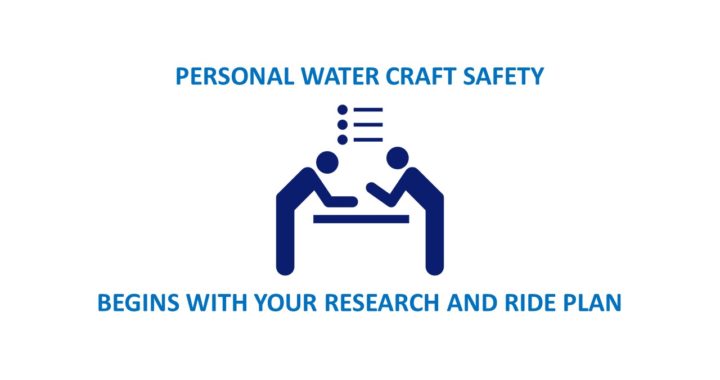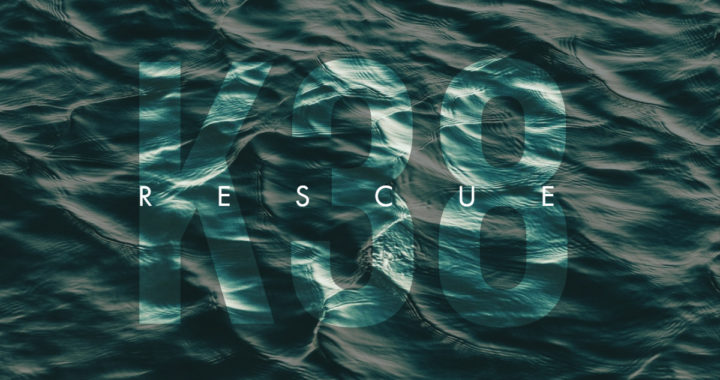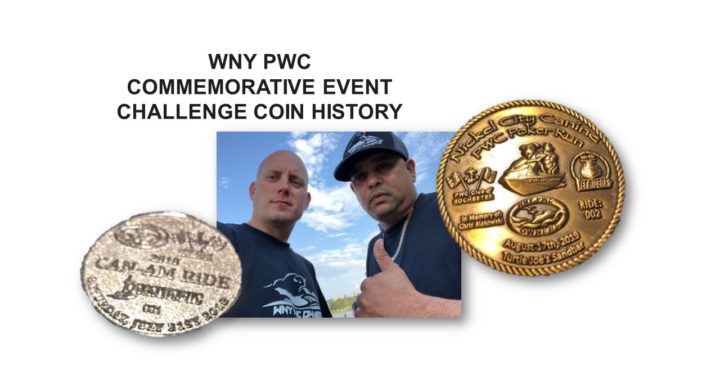YOU ARE YOUR RESPONSIBILITY
“A Moment for Safety Will Save a Lifetime of Regret” – Wake of Fame Inductee Brian Bendix
The only reason you are reading this is because you care.
1. If you are a passenger on a Personal Water Craft (PWC) you assume your own risk of safety. Prepare, study and take responsibility for your actions underway and prior to departure.
2. If you are an operator or owner of a Personal Water Craft (PWC) you assume your own risk and safety and those you bring on board. Prepare, study and take responsibility for your actions underway and prior to departure.
Boating is a lot of fun! The pursuit of this experience bears the responsibility of being safe so you can enjoy the outing and come home safe.
There is an amazing amount of content on the internet warning people, free information, free boating courses, free downloads for Owner’s Manuals, forums and groups you can join.
Paid or free you have every opportunity to empower your experience and that of others! Make sure you invest in your personal safety and that of all you have on board your PWC.
You cannot blame the boat, the weather, the water, or your friends. Your safety begins with you!
FREE EBOOK!
If you like what you have read so far, download the FREE eBook!
Accept the terms and conditions and evaluate the content and begin your educational outreach and personal responsibility campaign!
_____________________________________
Book ID: #2-121-20
About this K38 eBook
15 Pages
Published January 21, 2020
Completed: January 20, 2020
Author: Shawn Alladio is the world’s foremost PWC authority and leading Subject Matter Expert and Founder of K38. She cares most about her community and the culture surrounding the safety of event service providers and Rescue Water Craft coxswains. K38 is dedicated towards protecting reputation, distributing boating & water safety information and continuing to train these amazing individuals to the highest standards of care and seamanship skills.
Caution Disclaimer:
Use at your own risk. Please take a qualified Rescue Water Craft training course and maintain proper records and respect all the PWC, RWC, PPE, gear and OEM manufacturer warning labels, uses and cautions. Read our page disclaimers and terms and agree to them.
Abide by all the Federal, State and Local boating rules and regulations, take a safe boating course.
The content posted on this site is not a training aid and should not be used as such.
Terms of Use for downloads or viewing
1. You are granted the right to download the eBook
2. You may print pages of the eBook for your personal use and reference
3. You further agree not to translate, decompile, or disassemble the eBook
4. You agree to protect the eBook for unauthorized use, reproduction or distribution
5. The entire contents of the eBook are protected by copyright, you may not remove, delete, transmit or create derivative works from the eBook content. No part of the eBook may be transmitted in any form by any means or reproduced for any other purpose, without the prior written permission by the author.
6. Disclaimer: The eBook is provided ‘as is’, without warranty of any kind, expressed or implied including without limitations, accuracy, omissions, completeness or implied warranties or suitability or fitness for a particular purpose or other incidental damages arising out of the use or the inability to use the eBook.
You acknowledge that the use of this service is entirely at your own risk. This agreement is governed by USA law. You acknowledge that you have read this Agreement and agree to be bound by its terms and conditions.
Third party website links mentioned in any posts do not endorse the content of this eBook or website material.
Use at your own risk. Abide by all applicable boating rules, laws and regulations.
Your use of the Service is at your sole risk. Read and agree to the terms and conditions and privacy policy of this site.
K38-Kanalu K38 2020 Copyright©



